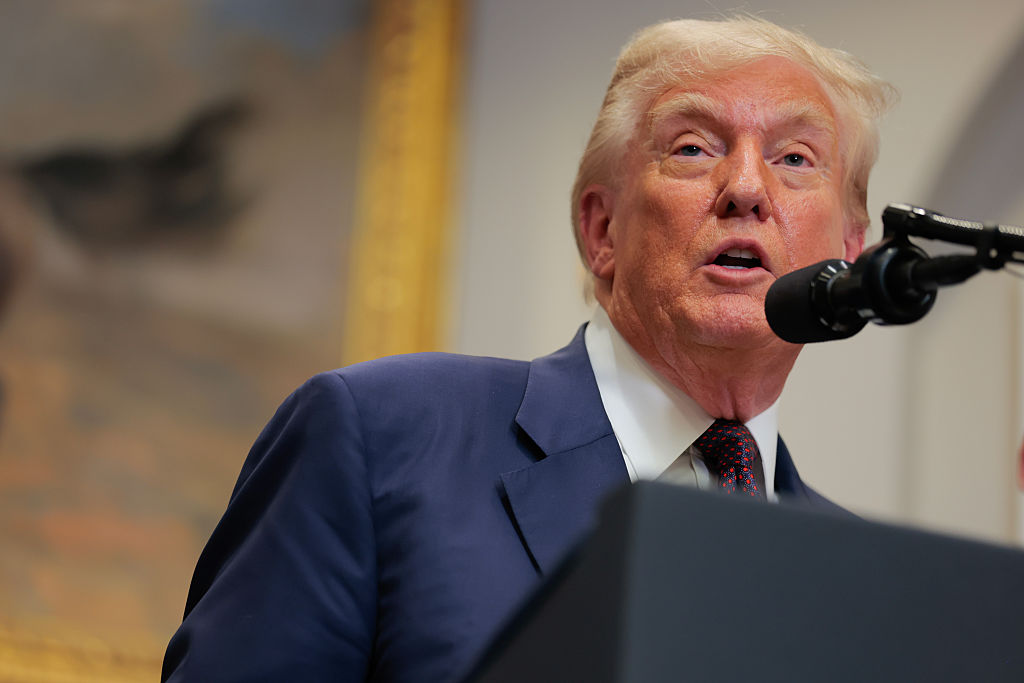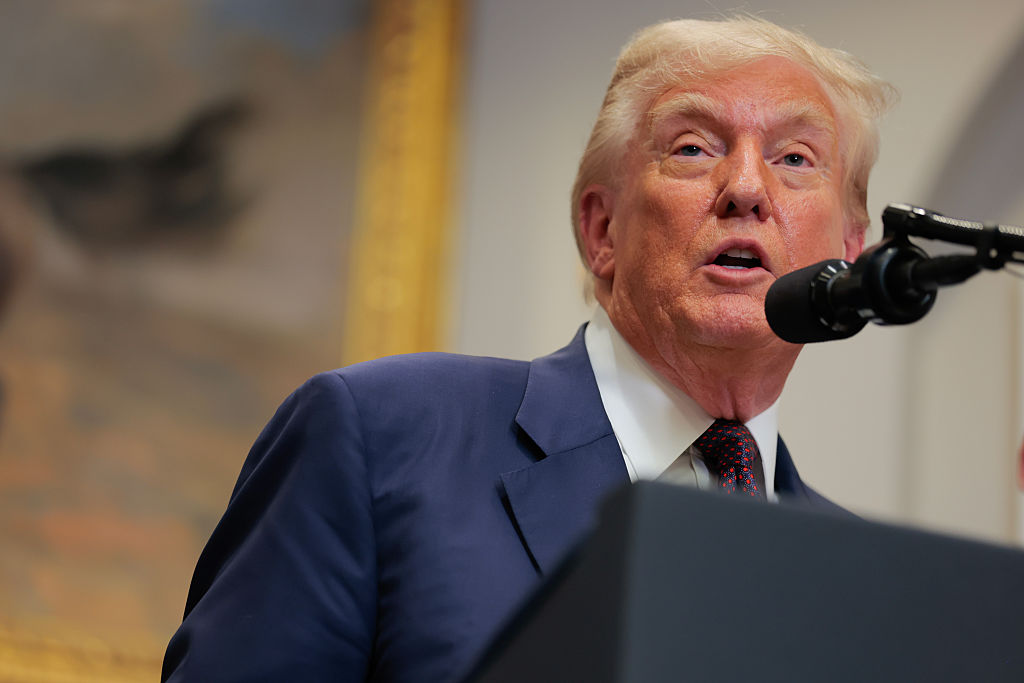Key Points
- Trump administration aimed to replace state AI rules with a single federal standard.
- A ten‑year ban on state AI regulation was removed from legislation by the Senate.
- Draft executive order would have created an AI Litigation Task Force to sue states.
- The order also threatened to cut federal broadband funding for states with contested AI laws.
- Reuters reports the executive order has been placed on hold.
- Potential opposition includes Republicans and industry groups.
- The pause leaves the federal‑state AI regulatory debate unresolved.

Background
The Trump administration has been actively addressing the patchwork of state regulations governing artificial intelligence. President Trump publicly argued for a single federal standard, criticizing what he called a “patchwork of 50 State Regulatory Regimes.” Earlier legislative efforts sought to include a ten‑year ban on state AI regulation in a bill dubbed the “Big Beautiful Bill,” but the Senate removed that provision.
Proposed Executive Order
In response, administration officials reportedly drafted an executive order that would establish an AI Litigation Task Force. The task force’s mission would be to challenge state AI laws through lawsuits and to threaten states with the loss of federal broadband funding if they maintained contested regulations.
Current Status
According to Reuters, the executive order has been put on hold. Analysts suggest that if the order were signed, it would encounter significant opposition, including from Republicans who previously criticized a moratorium on state regulation. The pause reflects the administration’s reassessment of the political and legal hurdles associated with a federal challenge to state AI policies.
Implications
The suspension of the executive order leaves the debate over federal versus state authority in AI regulation unresolved. Stakeholders in Silicon Valley and beyond continue to watch the administration’s next steps, as the balance between innovation, safety, and regulatory consistency remains a contentious issue.
Source: techcrunch.com
